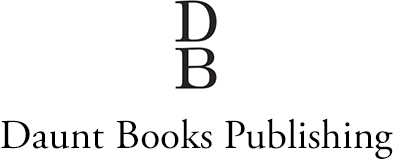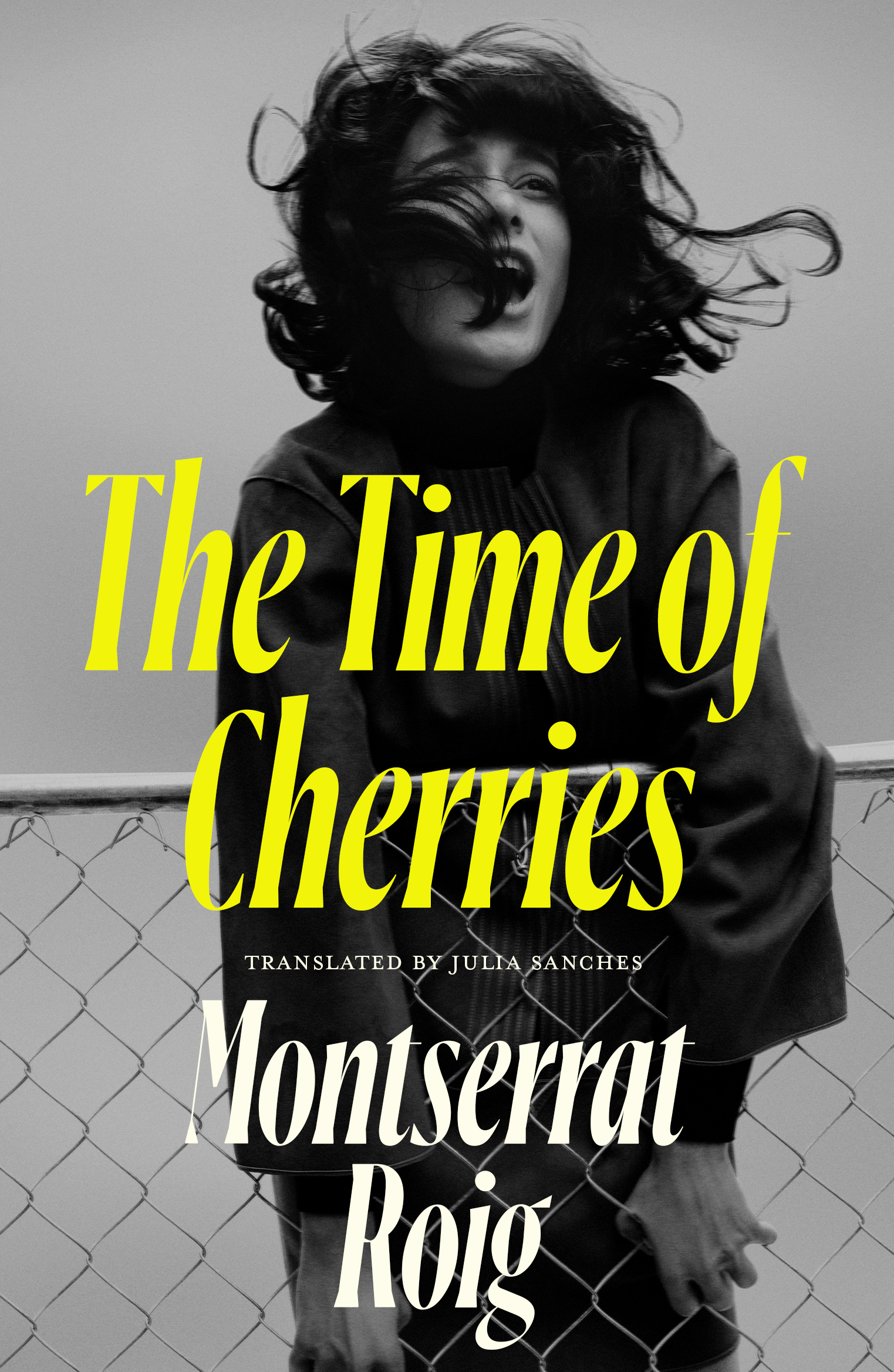
Still Life Part II: Reading in isolation and solitude
Posted 27th March 2020
As part of a new series we are running over the next few weeks, we asked our writers and translators to share the books they’re turning to right now. We wanted to know what they are reading – classics, new books, old favourites – and what else they are doing to mark time and keep going. Read on for the second set of entries, which came in before the full lockdown began.
‘Here is your cell,’ says the monk who welcomes Patrick Leigh Fermor to the French Abbey of St Wandrille de Fontenelle in A Time to Keep Silence. It is a high room with a comfortable bed, a prie-dieux, a tapestry chair, an adjustable reading-lamp and a writing table fitted with new blotting paper. A window looks over the monastery courtyard. A fountain plays. Aproned monks bring lunch to the refectory: vegetable soup, boiled eggs, lentils, endive salad, discs of camembert and excellent bread from the Abbey bakery. How to self-isolate in style! I’ve read A Time to Keep Silence before, but a few pages of Paddy’s monastical mystery tour, read in the small hours of recent sleepless nights, have been a balm. If you’re used to working from home alone and now find yourself with an unexpected co-worker, you need Greengates by R.C. Sherriff. Mr Baldwin has retired from a City clerkship. He is at home all day, kicking his heels, raking his leaves and sitting in his wife’s favourite chair by the fire. Her agony at having her days intruded on is wrenchingly done. Greengates is a novel where nothing happens – and everything changes. A carriage clock is given, an umbrella stand is sold, a plate of jelly is left on a windowsill. And two worlds are transformed. I’m looking forward to John Carey’s A Little History of Poetry, ordered from Daunt. Parcels make the day. At this cooped-up moment in history, one needs good books – and good post. — Laura Freeman, author of The Reading Cure and contributor to In the Kitchen, forthcoming from Daunt Books
It is a strange illustration of quite how fast the world is moving that in the time I’ve listened to Americanah by Chimamanda Ngozi Adichie, we’ve gone from spring twinkling to social lockdown. In just a week. With a two-year-old in tow, and four walls to bounce off, I find it a lot easier to consume audio books at the moment, often using naps, nappy changes and wooden block tower building as an opportunity to fill in the gaps in my reading – David Copperfield? No problem. Girl, Woman, Other? Yes please. The Definitive Collection of Sherlock Holmes? Why not. Riders by Jilly Cooper? Dear readers, I did it. But when I do have those few glorious hours between my son’s and my own bed time I have revelled in some excellent proofs and early copies that have recently come to my door: Tennis Lessons by Susannah Dickey, My Wild and Sleepless Nights by Clover Stroud, Difficult Women by Helen Lewis and The Best, Most Awful Job, edited by Katherine May. Before life became stranger than fiction I loved The Last Day by Andrew Hunter Murray but am now a little haunted by its clever, unsettling picture of a world ground to a halt. Maybe this is the perfect time to read it. I’ll leave it with you. To keep my pecker up, and give me the tang of the old outside, I’ll no doubt be falling back on my favourite travel writers like Dervla Murphy, Bill Bryson and Eric Newby. When I need just a laugh, my mother always taught me that Wodehouse is penicillin for the soul. And when I just need a little human company that isn’t on the end of a phone or stuck to my knee covered in mashed banana? I’ll be taking a holiday to Llareggub Hill and my beloved Under Milk Wood. — Nell Frizzell, author of The Panic Years and contributor to At the Pond
There’s no denying the fact that it’s hard to concentrate much of the time. But it’s spring, and when I can, I work in my garden, digging, planting, weeding, mulching. Daffodils are springing up, tulips bursting into colour. What could be more therapeutic? The books I’m reading have to draw me in, wrap themselves around me. I need to be able to lose myself in their imagined worlds. I’ve just finished reading Charlotte Collins’s superb translation of The End of Loneliness by Benedict Wells, a love story that centres around a series of tragic losses – it hit just the right note for my night-time reading. Perhaps now would be a good time to reread The Plague by Camus, which I studied for A Level many years ago, but I’m not sure I could muster the necessary detachment to confront a fictional evocation of a reality that seems to be hovering over us. So perhaps I’ll turn to Graham Swift, a writer in whose hands I always feel secure. I can’t find my old copy of Waterland, which I’d happily reread, but I do have a copy of Tomorrow. I’m hoping it will offer me the magical blend of assured story-telling, subtlety and insight that I need at the moment. I’ll probably read some non-fiction alongside this novel, and this seems like the right time to delve into Anne Sebba’s Les Parisiennes, an account of the Nazi occupation of Paris seen through the lives of women who resisted, and some who didn’t. And I might translate some passages from a book I dip into from time to time, La Mémoire du village by Léonce Chaleil, a memoir of village lives in a bygone age in a part of rural France I know and love. I usually spend most of the spring there, and I’m hoping this will transport me there for at least some of the time in the upcoming months. — Aneesa Abbas Higgins, translator of Winter in Sokcho by Elisa Shua Dusapin
I am skittish and reading lots of books at once: Emily Wilson’s wonderfully rich and lively translation of The Odyssey (Norton). A novella with an obsessive narrator I can only be with for short periods at a time, The Last Wolf by Lászlo Krasznahorkai, translated by George Szirtes. And I’ve ordered (from an indie bookshop, naturally) The Discomfort of Evening by Marieke Lucas Rijneveld, translated by Michelle Hutchison. For my son I went to the charity shop and found the perfect book for self-isolation with a potty-training toddler: Everybody Poos by Taro Gomi. — Sophie Hughes, translator of Empty Houses by Brenda Navarro, forthcoming from Daunt Books

